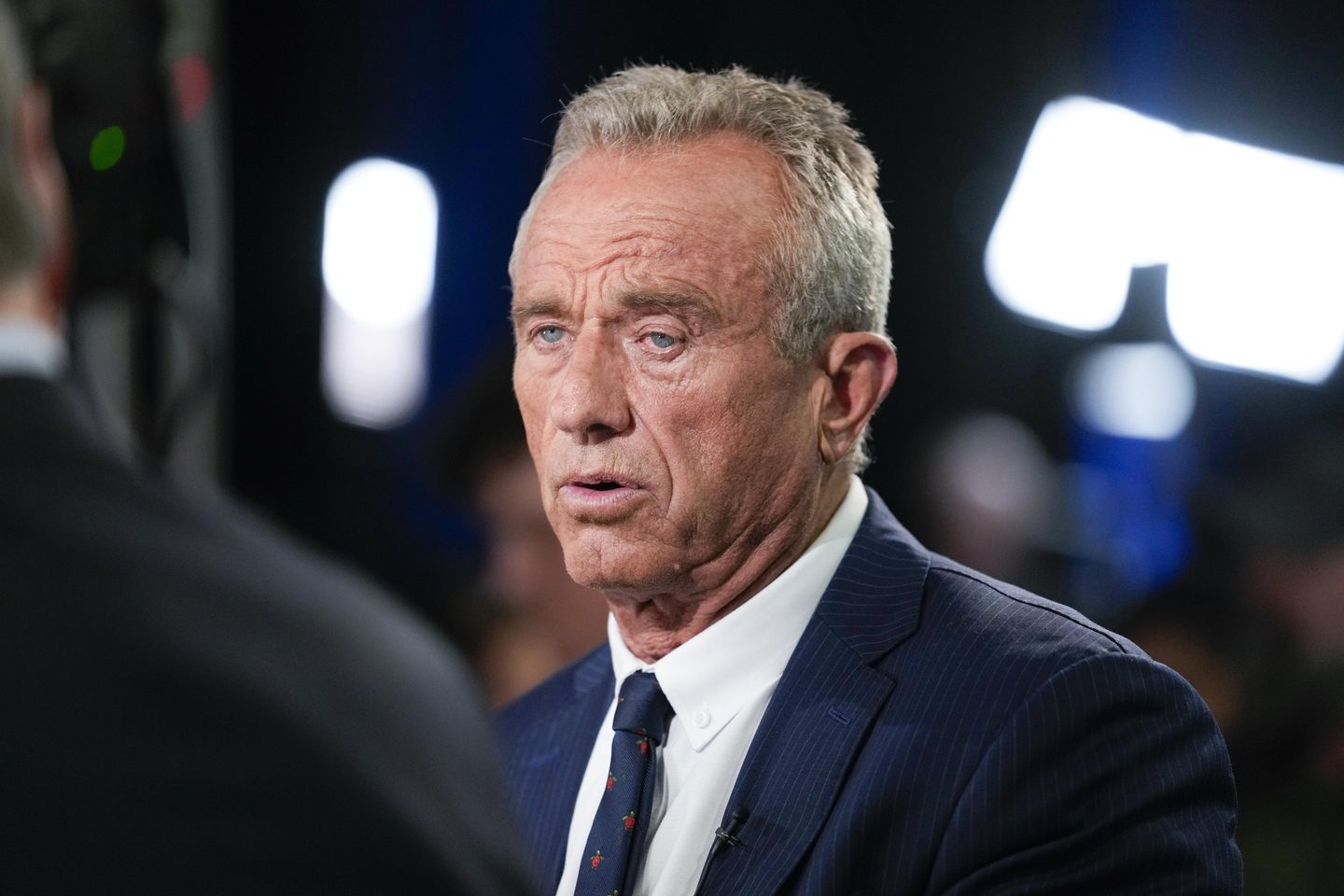The Supreme Court’s decision to reject Robert F. Kennedy Jr.’s request to be placed on New York’s presidential ballot has sparked controversy and debate among political analysts and the general public. Kennedy, the son of former U.S. Senator and Attorney General Robert F. Kennedy, had sought to run for president as an independent candidate in the upcoming election.
The court’s decision came after Kennedy filed a lawsuit against the New York State Board of Elections, arguing that their decision to exclude him from the ballot was unconstitutional and violated his rights as a candidate. Kennedy alleged that the state’s election laws were unfairly biased towards major party candidates and made it difficult for independent candidates to qualify for the ballot.
In his petition to the Supreme Court, Kennedy argued that the state’s ballot access laws were overly restrictive and placed an undue burden on independent candidates. He claimed that the state’s requirement for independent candidates to collect a certain number of signatures in order to qualify for the ballot was unfair and discriminatory.
Kennedy’s legal team also argued that the state’s decision to exclude him from the ballot violated his First Amendment rights to freedom of speech and association. They claimed that by denying him access to the ballot, the state was effectively silencing his political voice and depriving voters of the opportunity to choose from a diverse range of candidates.
However, the Supreme Court ultimately sided with the New York State Board of Elections, ruling that the state’s ballot access laws were constitutional and did not unduly restrict the rights of independent candidates. In a statement issued by the court, Chief Justice John Roberts wrote that the state had a legitimate interest in ensuring that only serious and viable candidates appeared on the ballot.
The court’s decision was met with disappointment and frustration by Kennedy and his supporters, who had hoped that the Supreme Court would overturn the state’s decision and allow him to run for president. In a statement released after the ruling, Kennedy vowed to continue fighting for ballot access reform and to challenge the state’s election laws in future elections.
The decision to exclude Kennedy from the ballot has raised concerns about the fairness and inclusivity of the electoral process in New York and across the country. Critics argue that the current system is biased towards major party candidates and makes it nearly impossible for independent candidates to compete on an equal footing.
Some political analysts have also raised questions about the impact of the court’s decision on the upcoming election. With Kennedy out of the race, some voters may feel disenfranchised and disillusioned with the two-party system, leading to a potential decrease in voter turnout and overall participation in the election.
Despite the setback, Kennedy remains determined to make his voice heard and to advocate for greater transparency and fairness in the electoral process. He has vowed to continue his fight for ballot access reform and to challenge the status quo in future elections.
In the meantime, the Supreme Court’s decision has highlighted the need for a broader conversation about the state of democracy in America and the importance of ensuring that all voices are heard in the political process. As the election season heats up, it is clear that the debate over ballot access and electoral reform will continue to be a pressing issue for candidates, voters, and policymakers alike.









